Washington, Apr 03 (V7N) – The United States has imposed a 37% tariff on Bangladeshi exports, significantly increasing trade barriers for the South Asian country. The announcement was made by U.S. President Donald Trump during a press conference at the White House on Wednesday (April 2), where he introduced a series of new tariffs on imports from various nations.
The new tariff on Bangladesh is 11% higher than the 26% tariff imposed on Indian goods and 8% higher than the 29% tariff on Pakistani exports. Until now, Bangladeshi products faced an average tariff of 15% in the U.S. market. The sudden hike has raised concerns among Bangladeshi exporters, especially in the ready-made garment sector, which accounts for the bulk of the country's exports to the U.S.
Bangladesh exports approximately $8.4 billion worth of goods to the U.S. annually, with $7.34 billion of that coming from ready-made garments. The new tariff could severely impact this sector, making Bangladeshi products less competitive in the American market.
Under the newly announced trade policy, various countries have been hit with different tariff rates. Some of the key tariff figures include:
-
India: 26%
-
Pakistan: 29%
-
China: 34%
-
European Union: 20%
-
Vietnam: 46%
-
Sri Lanka: 44%
-
Taiwan: 32%
-
Thailand: 36%
-
Indonesia: 32%
-
Cambodia: 49%
-
Myanmar: 44%
-
Japan: 24%
-
UK: 10%
Additionally, the U.S. has introduced a 25% tariff on all types of foreign car imports, a move expected to impact global automobile trade.
President Trump framed the move as a step toward protecting American economic interests, calling April 2 the country’s "Economic Freedom Day." He stated, "For decades, our country has been plundered and destroyed by various nations, whether they are friends or rivals. This ends today."
Industry leaders in Bangladesh have voiced their concerns, warning that the increased tariff could lead to a decline in exports and job losses in the garment sector. Some experts believe that the government may need to negotiate with the U.S. to seek tariff relief or alternative trade benefits.
Economists predict that Bangladesh’s overall trade balance could be affected, as the U.S. remains one of its largest trading partners. The Bangladesh Garment Manufacturers and Exporters Association (BGMEA) has already urged the government to take diplomatic steps to address the issue.
With global trade tensions rising, it remains to be seen whether Bangladesh will take any countermeasures or seek exemptions to mitigate the impact of the tariff hike.
END/MSS/AJ



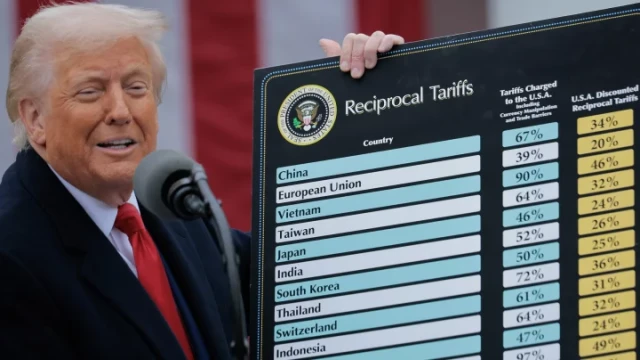
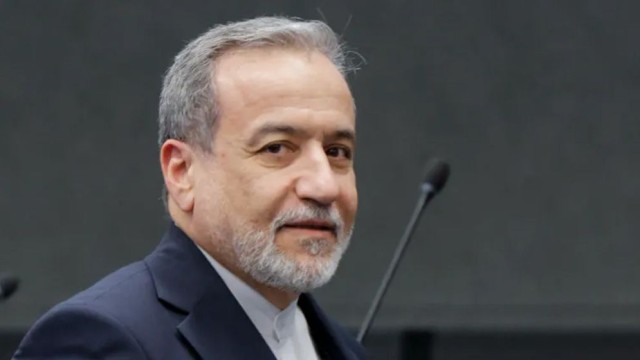
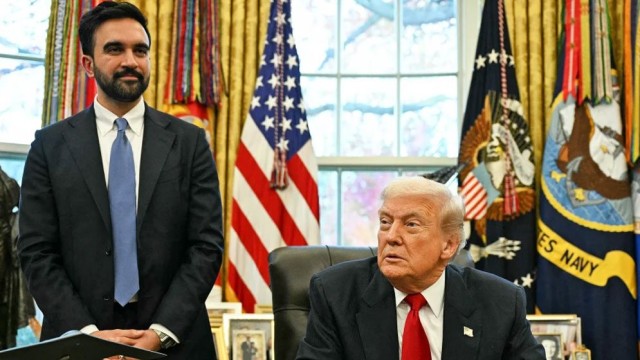
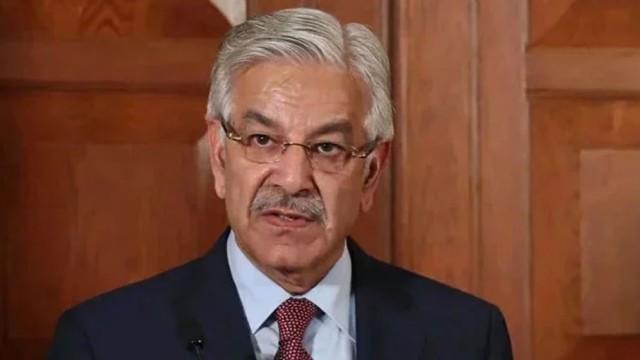
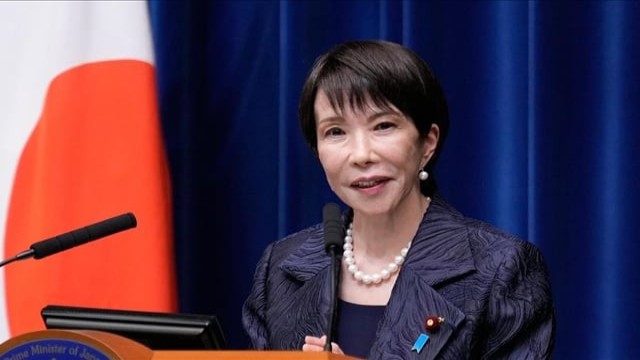
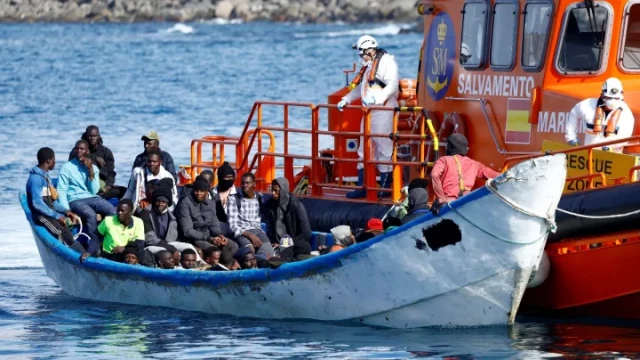
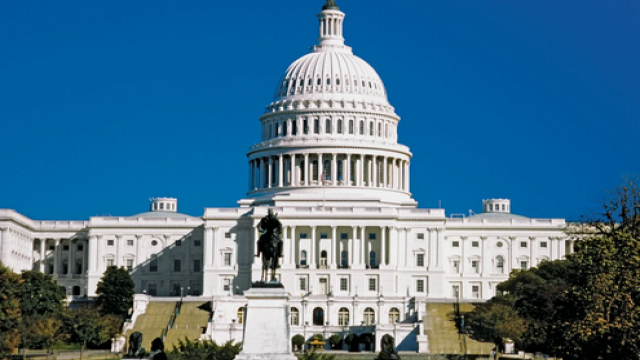


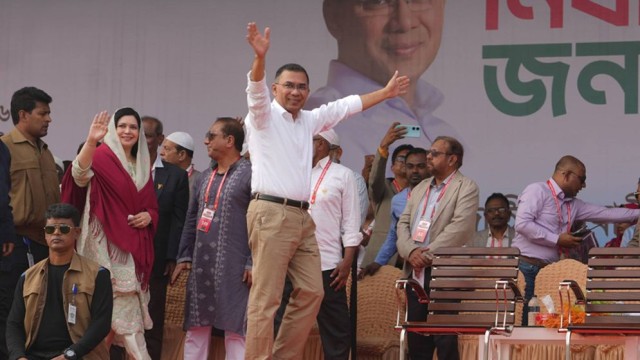
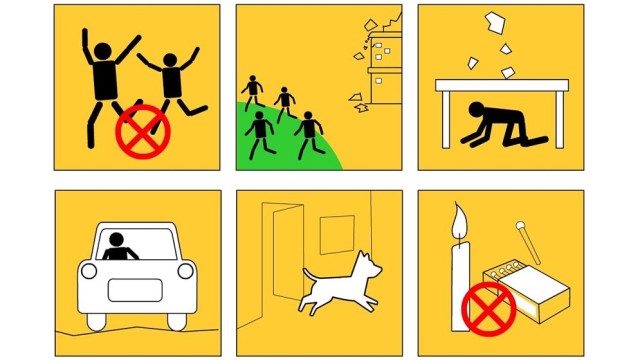

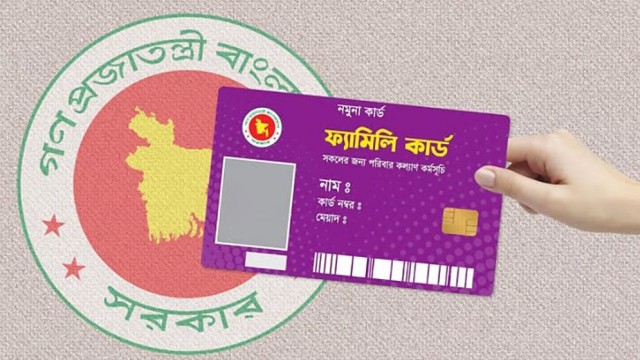
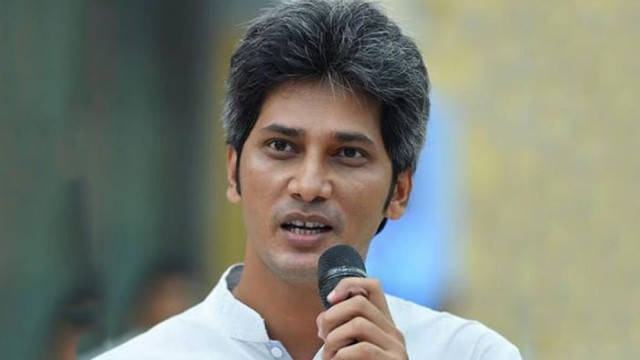
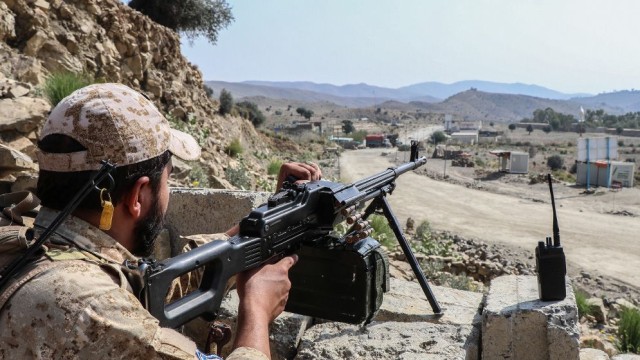
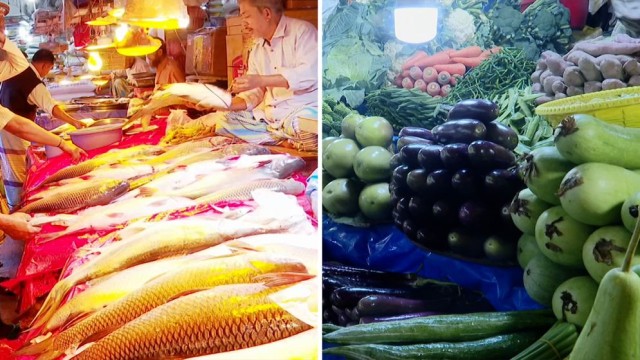












Comment: